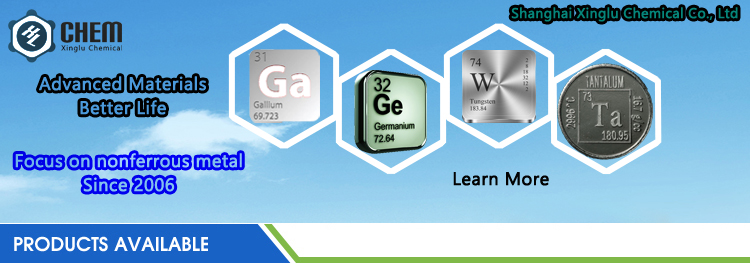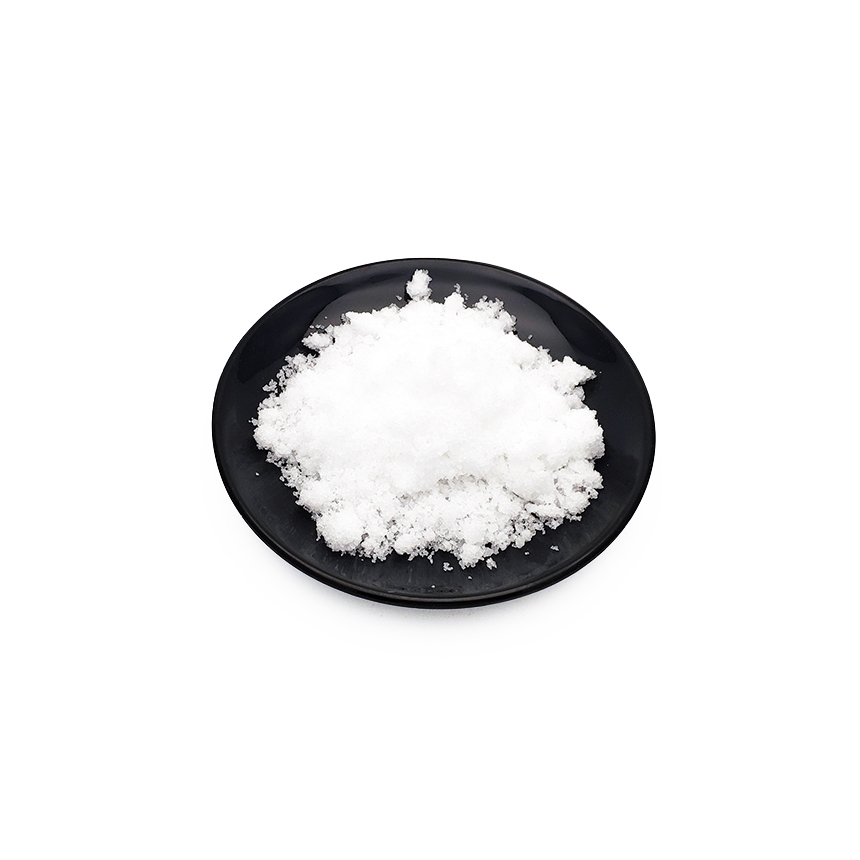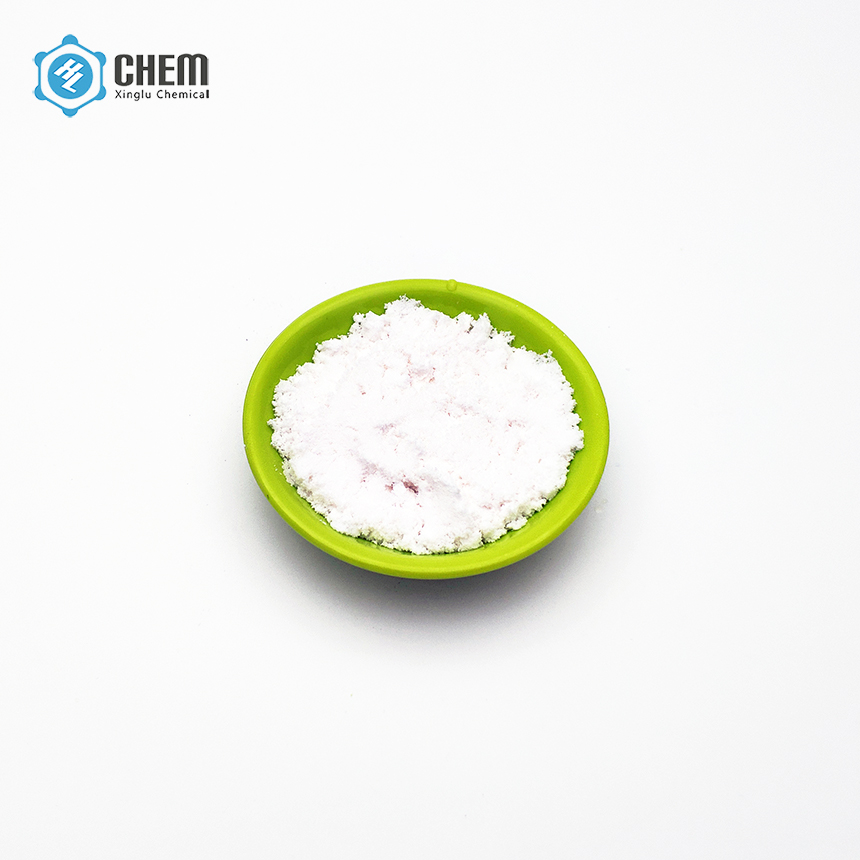Is zirconium chloride soluble in water?
Zirconium chloride (zirconium tetrachloride) is soluble in water. According to the information in the search results, the solubility of zirconium chloride is described as "soluble in cold water, ethanol, and ether, insoluble in benzene, carbon tetrachloride, and carbon disulfide"
Therefore, it can be determined that zirconium chloride has good solubility in water.
What happens when ZrCl4 is hydrolysed?
Zirconium tetrachloride (ZrCl4) undergoes the following reaction after hydrolysis:
Generation of zirconium hydroxide and hydrogen chloride: zirconium tetrachloride reacts with water to produce zirconium hydroxide (Zr (OH) 4) and hydrogen chloride (HCl). The specific chemical equation is: ZrCl4+4H2O→Zr(OH)4+4HCl
In this reaction, zirconium tetrachloride molecules react with four water molecules to produce zirconium hydroxide and four hydrogen chloride molecules
Generation of zirconium oxychloride: In some cases, hydrolysis of zirconium tetrachloride can also generate zirconium oxychloride (ZrOCl2) and hydrogen chloride. The chemical equation is:2ZrCl4+2H2O→2ZrO2+8HCl or ZrCl4+9H2O→ZrOCl2⋅8H2O+2HCl
These reactions indicate that zirconium tetrachloride reacts with water to form zirconium oxychloride and hydrogen chloride, where zirconium oxychloride can form hydrates
These hydrolysis reactions can cause changes in the pH value of the solution, as hydrogen chloride is a strong acid that lowers the pH value of water, while zirconium hydroxide is an alkaline substance that can neutralize acidic substances in water
The hydrolysis reaction of zirconium tetrachloride is an important step in the preparation of other zirconium compounds and a key factor affecting its performance in industrial applications.

In which industrial fields is the hydrolysis reaction of ZrCl4 useful?
The hydrolysis reaction of zirconium tetrachloride (ZrCl4) has important applications in the following industrial fields:


Preparation of Zirconia: Zirconia hydroxide (Zr (OH) 4) generated by hydrolysis of zirconium tetrachloride can be further converted into zirconia (ZrO2), which is an important structural and functional material with excellent physical and chemical properties such as high temperature resistance, wear resistance, and corrosion resistance. It is widely used in high-tech fields such as refractory materials, ceramic pigments, electronic ceramics, functional ceramics, and structural ceramics
Preparation of sponge zirconium: Metal zirconium and its alloys have outstanding nuclear properties, excellent corrosion resistance, and mechanical properties. Zirconium tetrachloride is an important intermediate product for the production of sponge zirconium, which is widely used in high-tech industries such as nuclear energy, military, aerospace, etc
Preparation of polymeric zirconium tetrachloride inorganic polymer coagulant: After hydrolysis of zirconium tetrachloride, it can be used to prepare polymeric zirconium tetrachloride inorganic polymer coagulant. This coagulant has the advantages of good product stability, strong adsorption bridging ability for colloidal substances, good coagulation effect, and wide application range. It can be widely used in water supply, wastewater treatment, papermaking, textile printing and dyeing, daily chemical industry and other fields, and has good water treatment effect
Organic synthesis catalyst: Zirconium tetrachloride is a strong Lewis acid used as a catalyst for organic synthesis such as petroleum cracking, alkane isomerization, and butadiene preparation
Textile processing agent: Zirconia hydroxide generated after hydrolysis of zirconium tetrachloride can be used as a fireproof and waterproof agent for textiles, improving their protective performance
Pigments and tanning: Zirconium tetrachloride is also used in the manufacturing of pigments and the tanning process of leather
Analytical reagent: In the laboratory, zirconium tetrachloride can be used as an analytical reagent
These applications demonstrate the diversity and importance of zirconium tetrachloride hydrolysis reaction in industry, which not only plays a role in material preparation, but also plays an important role in fields such as chemical synthesis, water treatment, and textile processing.
Post time: Dec-13-2024